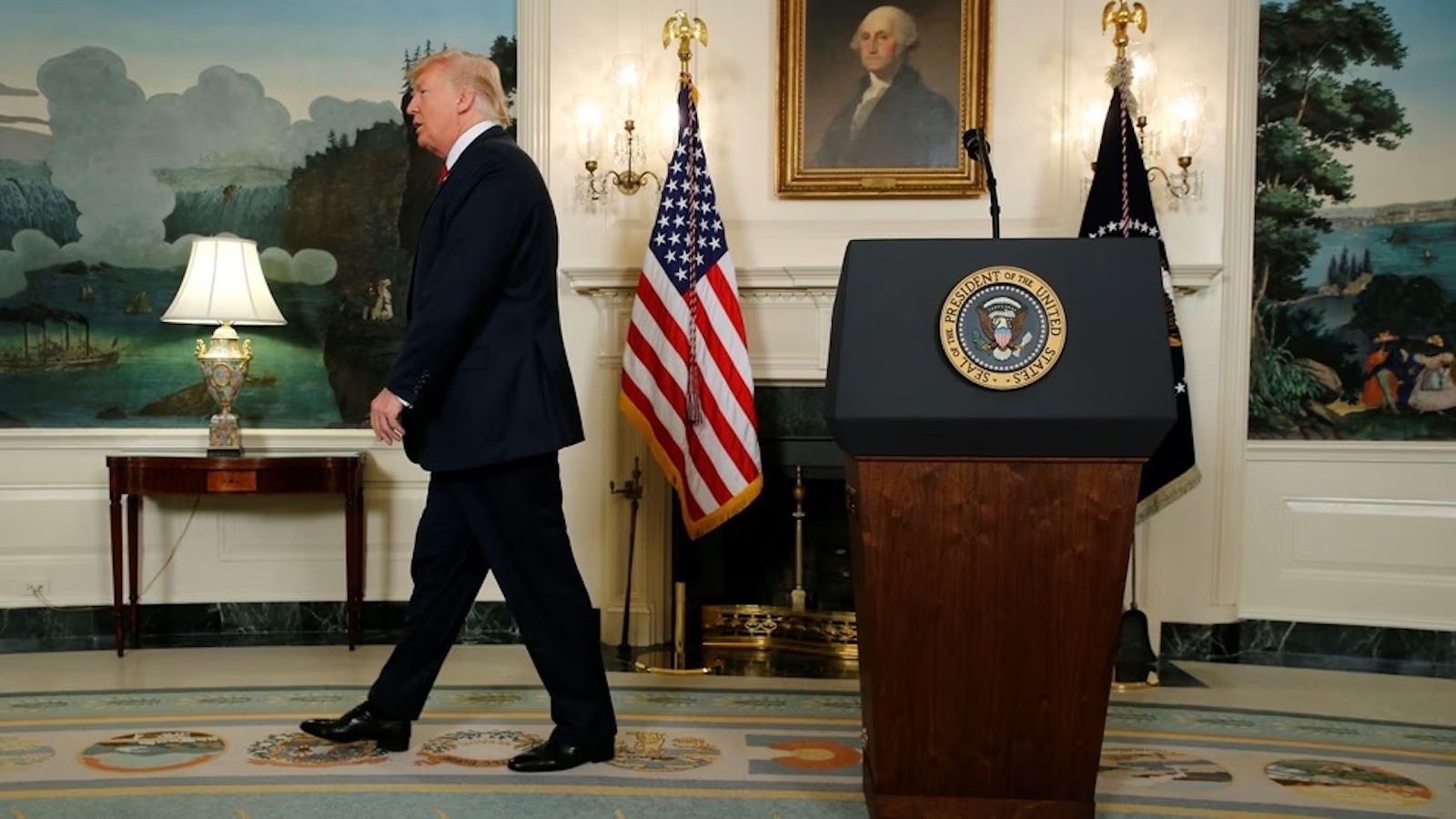
How to Abolish Your Government
Naomi Brockwell says, “It is really hard for a lot of libertarians … to transcend that boundary of theory,” and because I am one who is likely deserving of that critique, this post will attempt to build on the theoretical with the practical. Don’t let the title scare you; if you’re comforted by the delusion of an angelic government looking out for your best interests, you can always start your own government in the place of the one just abolished—one that is more representative and responsive. If you’re a lover of liberty living in a state that allows its citizens to propose ballot initiatives, this post aims to provide a guide to starting the process that could ultimately culminate in the abolishment of your city government. But first, the rationale.
This is the rational solution, not a crazy pipe dream. Crazy is thinking that the poor can be helped by taxing them. Crazy is putting up with the government’s parasitic predation year after year while believing that the right politician will eventually cure society’s ills. Using the government to solve problems is like using a spoon to brush one’s teeth. With voluntary interactions between consenting individuals, everyone wins, but with governmental coercion, only those who agree with those coercing are satisfied. Are you, your family, and friends so incompetent as to need four levels of government/rulers/overlords/masters (city, county, state, and federal)?
Without your city government (City), you’ll control more of your money and be able to voluntarily donate to the programs about which you feel strongly, instead of being forced to fund programs that politicians demand. Majorities forcing minorities to fund the programs that they deem most important is an antiquated, barbaric practice. No, democracy is not “a synonym for wonderful, good, just, and valid.” Again, if you have an emotional attachment to the idea of government, once your City is gone, there won’t be anything stopping you and like-minded individuals from establishing competing Cities in its place.
No City employee will be fired, but all of their funding will be cut. The jobs that remain will exist because enough people found them worthy of their donations. For example, private security and private firefighting will be able to compete with existing services, just as ride-hailing companies compete with government transportation. Gone will be the days of the public being forced to serve the public ‘servants.’ One might object, “But without the City, how will retired City employees be able to collect their promised pension?” I made no such promise. Did you? Did you consent to the idea of paying them—paying them generously—for as long as they live?
The following will address how this proposal would affect Seattle. Without the City, the sales tax will drop from 10.1% to the combined county-state rate of 8.6%. Without the City, property taxes on a single-family home will drop by ~48%, meaning rents will also drop. Businesses will reap this windfall as well, meaning the savings can be used for productive purposes instead being forcibly spent on unwanted services. Now that you’re financially incentivized, begin your research with the City clerk, which is where you’ll file your initiative petition and where you’ll find a ballot initiative guide. While viewing the guide, it will be beneficial to have access to the most recently passed ballot initiative in order to see what success looks like and how long it took to attain. It’s a ten-step process, and the following will discuss what’s most important.
Procuring signatures will be the most challenging part of this process, considering that you’ll have just 180 days to do it. From the guide: “Ten percent (10%) of the total votes cast for mayor at the last Mayoral election is the number of registered voter signatures needed to validate the initiative,” which means you’ll need 22,040 valid signatures in just six months. Yes, this seems insurmountable, considering that’s over 122 signatures per day, so spreading the word about your proposal long before you begin the signature-collection period is of the utmost importance. Social media marketing and traditional media appearances will help spread the word about upcoming signature-gathering events at pubs, parks, and parking lots.
Even if you submit the proper paperwork and, say, twice as many signatures, on time, it is unlikely that the City council will pass the initiative because by passing it, they would be giving themselves a 30-day notice of their own employment’s end. More likely a scenario is the council sitting on the initiative for up to 45 days before rejecting it; however, it would be politically difficult for the council to reject something that at least 10% of registered voters want. If the council rejects the initiative or, more likely, fails to act upon it, then the initiative “must go before the voters at the next regularly scheduled election.” As long as the next regularly scheduled election is no later than the general election of 2021, the number of needed signatures won’t change; however, capitalizing on the disgust generated by the presidential election of 2020 might be a better strategy.
Regardless of one’s ideology, can the average Seattleite—one not employed by the City—say with a straight face that the City of Seattle is an effective government? Again, after this proposal passes, for those convinced that White Center is in a state of chaos, due to its lack of a City, multiple Cities can be established within the chalk line of the executed City. Perhaps each neighborhood would form its own government. Does it make any sense for the residents of the Greenwood neighborhood to dictate how residents live in Georgetown? Of course not, but that describes the present system under an unwieldy City of Seattle or under any other centralized mess in any large city nationwide. How is it possible to mind one’s own business when others can vote on one’s private actions?
Ideally, the neighborhoods that choose to live without a local monopoly on violence will outnumber the neighborhoods that favor involuntary exchange, and the stage will be set to start this entire process over again—this time abolishing the county government (County). Without a City and County, the sales tax will drop from 8.6% to the state rate of 6.5%, and property taxes will drop by another ~31%. And what of the deceased government’s exoskeleton? Hans-Hermann Hoppe answered that question in 1997:
Hoppe envisioned this approach with a much smaller city than Seattle in mind, so there are other methods to consider; however, this detail is a good problem to ponder and one that need not be solved in this post. Another way of dealing with Hoppe’s “government funding crisis” is to replicate the actions taken by the City of Detroit in 2013, whereby it hired an emergency financial manager to restructure the City out of insolvency.
This article originally appeared on Uncle Nap.
Free the People publishes opinion-based articles from contributing writers. The opinions and ideas expressed do not always reflect the opinions and ideas that Free the People endorses. We believe in free speech, and in providing a platform for open dialogue. Feel free to leave a comment.




Curtiss Cott
Using the government to solve problems is like cutting one’s own throat in order to stop a nose-bleed.
Casey Carlisle
I like it. Thanks for reading.